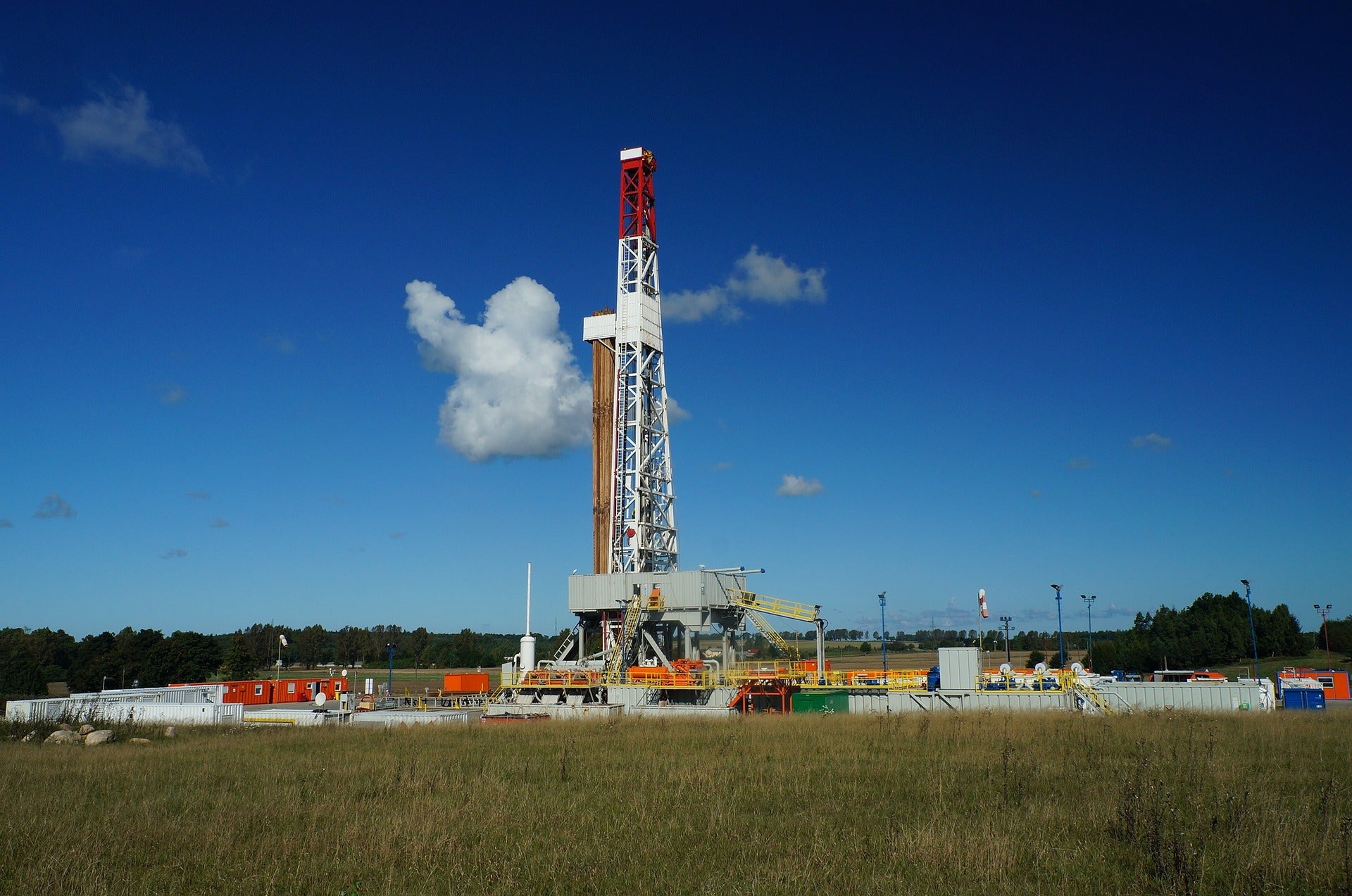
The US Department of the Interior (DOI) has announced funding of $1.15bn for the states to clean up abandoned oil and gas wells.
The funding forms part of US President Biden’s Bipartisan Infrastructure Law, which allocated $4.7bn of funding to help clean up the orphaned oil and gas wells that are polluting recreation areas, backyards, and public spaces across the country.

Discover B2B Marketing That Performs
Combine business intelligence and editorial excellence to reach engaged professionals across 36 leading media platforms.
The federal investment is expected to generate jobs and support growth, as well as help with methane leaks.
DOI secretary Deb Haaland said: “President Biden’s Bipartisan Infrastructure Law is enabling us to confront the legacy pollution and long-standing environmental injustices that, for too long, have plagued underrepresented communities.
“We must act with urgency to address the more than 100,000 documented orphaned wells across the country, and leave no community behind. This is good for our climate, for the health of our communities, and for American workers.”
The plugging of abandoned oil and gas wells will also contribute to the US methane emissions reduction action plan.

US Tariffs are shifting - will you react or anticipate?
Don’t let policy changes catch you off guard. Stay proactive with real-time data and expert analysis.
By GlobalDataIt is also expected to contribute towards the aims of the Interagency Working Group on Coal and Power Plant Communities and Economic Revitalisation, which aims to help revitalise the economy in hard-hit energy communities.
The DOI’s new funding will be allocated to 26 states, which submitted notices of intent.
The department will initially allocate a $25m grant, along with a quarter of the total formula grant money, based on the states’ number of documented oil and gas wells, the estimated cost of plugging the wells, and other factors.
Haaland added: “The Department is taking a thoughtful and methodical approach to implementing the orphaned oil and gas well programme that aims to get money to states as quickly as possible while being responsible stewards of taxpayer dollars.”
The funding will enable the states to launch their plugging programmes, remediate high-priority wells, and collect additional data on orphaned wells.
Last month, the US Energy Information Administration (EIA) predicted that the export capacity in the US will exceed the current largest LNG exporter, Qatar, in 2022.





